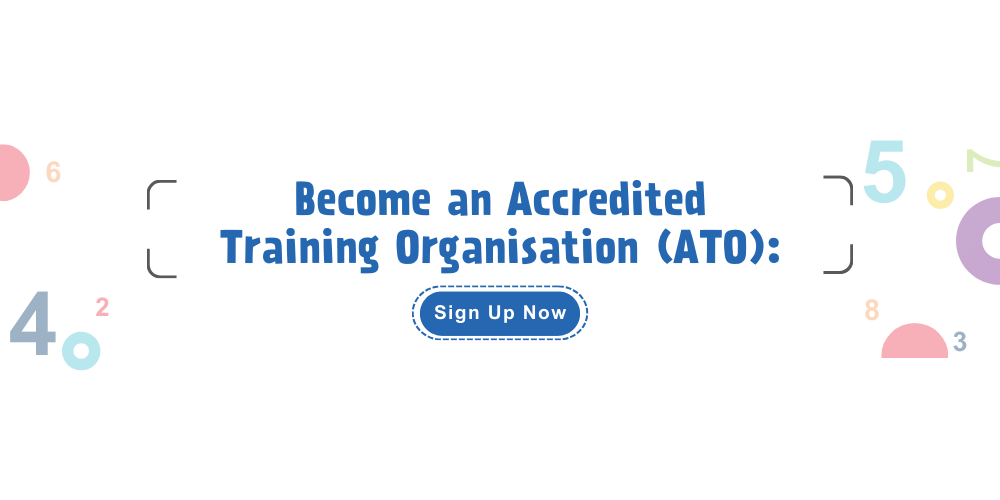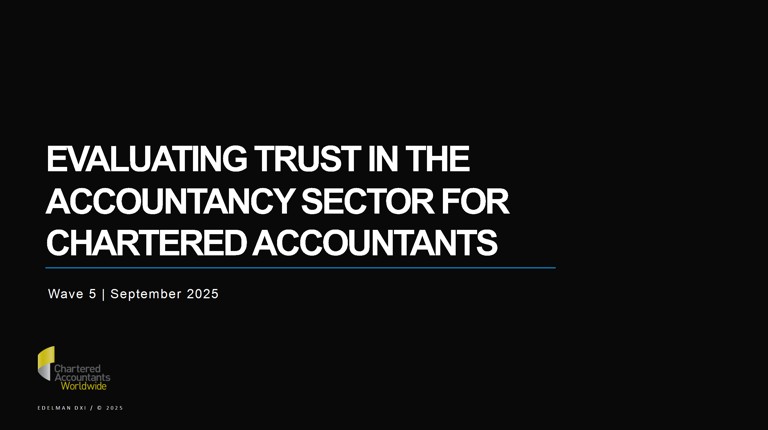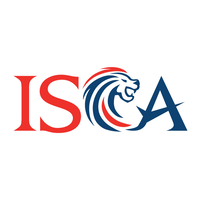ISCA Technical Guidances
| Issuance date | Title | Description | ||
| 1 | 3 December 2013 | Application of FRS 110: Consolidated Financial Statements – Investment in Real Estate Investment Trusts (REITs) | Following the issuance of the suite of consolidation standards, namely International Financial Reporting Standard (IFRS) 10, 11 and 12, the ISCA Financial Reporting Committee set up an IFRS 10 Working Group (the Working Group) in 2011, comprising experienced technical accounting professionals from the large public accounting firms. The Working Group was tasked to look into potential application issues of the consolidation standards (FRS 110, 111 and 112) in Singapore and also to undertake outreach efforts for the Singapore accountancy profession. In November 2011, an introductory article on IFRS 10, 11 and 12 was published on ICPAS’ CPA Journal. Please click here to read more. In March 2013, two seminars were organised for the general public and for companies with investments in unit trusts and funds, with the support of the Working Group members. Please click here to read more. The Working Group has identified investments in Real Estate Investment Trusts (REITs) as one industry that would likely be significantly impacted upon adoption of the consolidation standards, largely due to its unique structure in Singapore as compared to that of other jurisdictions. Currently, most, if not all of the investments in REITs are not consolidated by their sponsors in Singapore under the requirements in FRS 27 (2009) Consolidated and Separate Financial Statements. However, this may not be the case under FRS 110 Consolidated Financial Statements which comes into effect for financial periods beginning on or after 1 January 2014. In addressing this matter, the Working Group held several consultative dialogues with regulators and stakeholders from the REITs industry to better understand the challenges faced in the application of FRS 110. Robust discussions were also carried out within the Working Group. After due deliberations and considerations, the Working Group developed this guidance to help assess whether sponsors have control over REITs. | Download |
| 2 | 30 April 2015 | Application of FRS 110 Consolidated Financial Statements: Consolidation of Real Estate Investment Trusts (REITs) Manager by Sponsors | Following the issuance of FRS 110 Consolidated Financial Statements (“FRS 110”), investments in Real Estate Investment Trusts (“REITs”) was identified as an industry that was significantly impacted on adoption of the standard. In response to this, in December 2013, the Institute of Singapore Chartered Accountants (“ISCA”) issued a practical guide titled “Application of FRS 110 Consolidated Financial Statements: Investments in Real Estate Investment Trusts (REITs)”. Whilst the guide outlined some key considerations on whether the Sponsors of REITs have control over the REITs of two different governance structures, it did not address specifically whether the Sponsors would control the REIT Manager. In cases where the REIT Sponsor is the sole shareholder of the REIT Manager and can unilaterally appoint and remove the board of the REIT Manager, it may be clear that the REIT Manager is controlled by the REIT Sponsor. However, under the alternative structure (the “Alternative Structure”) as set out in Appendix 3 to the practical guide on “Application of FRS 110 Consolidated Financial Statements: Investments in Real Estate Investment Trusts (REITs)”, questions arise as to whether a REIT Sponsor still has control over its wholly-owned REIT Manager after relinquishing its right as the sole shareholder of the REIT Manager to appoint and remove the board of the REIT Manager. The purpose of this guidance is to set out the specific facts and circumstances to consider when assessing whether or not consolidation of the REIT Manager by a REIT Sponsor is required if the REIT Sponsor puts in place the alternative structure. | Download |
| 3 | 30 November 2016 | IFRS Convergence: Are you on Track? | On 30 November 2016, ASC reminded Singapore-incorporated companies listed on the Singapore Exchange (Singapore-listed companies) of the requirement to apply a new Singapore financial reporting framework that will be identical to the International Financial Reporting Standards (full IFRS convergence) in 2018. The ASC & ISCA have jointly developed a set of Q&As to assist directors and chief financial officers of Singapore listed companies acquaint themselves with full IFRS Convergence, the key principles underpinning IFRS 1 and some of the potential implications. | Download |
| 4 | 10 January 2017 | Residential Property Developments in Singapore: Accounting for Qualifying Certificate Extension Charges and Additional Buyer’s Stamp Duty | With the economy slowdown and uncertainties surrounding the market outlook, the private residential property index continued to fall in 2016. Coupled with the weakened market sentiments, some of the residential property developers are facing mounting pressures to dispose of the units within the specified time period as required under the Qualifying Certificate (QC) rules so as to avoid the hefty extension charges imposed under the QC rules. In addition, these developers may face potential claw-back of the remission granted for the Additional Buyer’s Stamp Duty (ABSD). Noting the significance of the accounting for these charges imposed on the developers, ISCA’s Financial Reporting Committee (FRC) have developed this guidance to share the discussions and deliberations in the accounting for the QC extension charges and ABSD in order to promote consistency in accounting practices in Singapore. | Download |
| 5 | 3 October 2017 | Application of FRS 115 Revenue from Contracts with Customers: Revenue Recognition for Sale of Uncompleted Residential Properties in Singapore | In Singapore, it is a common market practice for residential properties to be sold off-plan i.e. before the construction is completed (“uncompleted residential properties”). From 1 January 2018 onwards, Singapore property developers are required to apply the accounting principles in Singapore Financial Reporting Standard (FRS) 115 Revenue from Contracts with Customers to the sales of uncompleted residential properties in Singapore. So how will the application of the new FRS 115 change the current accounting treatment for these uncompleted residential properties? ISCA’s Financial Reporting Committee (FRC), through its Core Sub-Committee, has discussed the application of FRS 115 on the sale of uncompleted properties under the standard Sales and Purchases Agreements (SPA). FRC is issuing this guidance to share their discussions and consensus reached. Generally, FRC does not expect changes with respect to whether revenue is recognised over time or at a point in time for sales of uncompleted residential properties in Singapore using the standard SPA, except for those sold under a deferred payment scheme. FRC considers that those rights and obligations under the standard SPA would allow the developer to recognise revenue over time under FRS 115. | Download |
| 6 | 3 October 2017 | IFRS Convergence 2018 Implementation Roadmap | In collaboration with the Singapore Institute of Directors (SID), ISCA through its Financial Reporting Committee's Core Sub-Committee, has developed this publication to provide guidance on how to navigate the maze of accounting change that IFRS Convergence exercise requires. It also highlights key considerations for entities converging to SG-IFRS. | Download |





.png?sfvrsn=dd675fd5_2)

.png?sfvrsn=7844d69f_0)
6a6c7fe2013f4be3b0ecc0a5930da5c9.jpg?sfvrsn=ab5334c8_0)

/business-management-global-connection/istock-1167579720-c.jpg?sfvrsn=ff93f9a5_2)
/audit-assurance/istock-1169206203-c.jpg?sfvrsn=1d6f9b25_6)


/ethics-and-professionalism/istock-1141115724-c.jpg?sfvrsn=4e54d691_2)

/audit-assurance/istock-818732836-c-v3.jpg?sfvrsn=ae44e7b7_0)

.png?sfvrsn=905ee1bd_0)
/legal-secretarial/istock-866706340-c.jpg?sfvrsn=d7f57b8c_2)